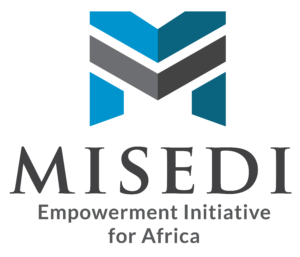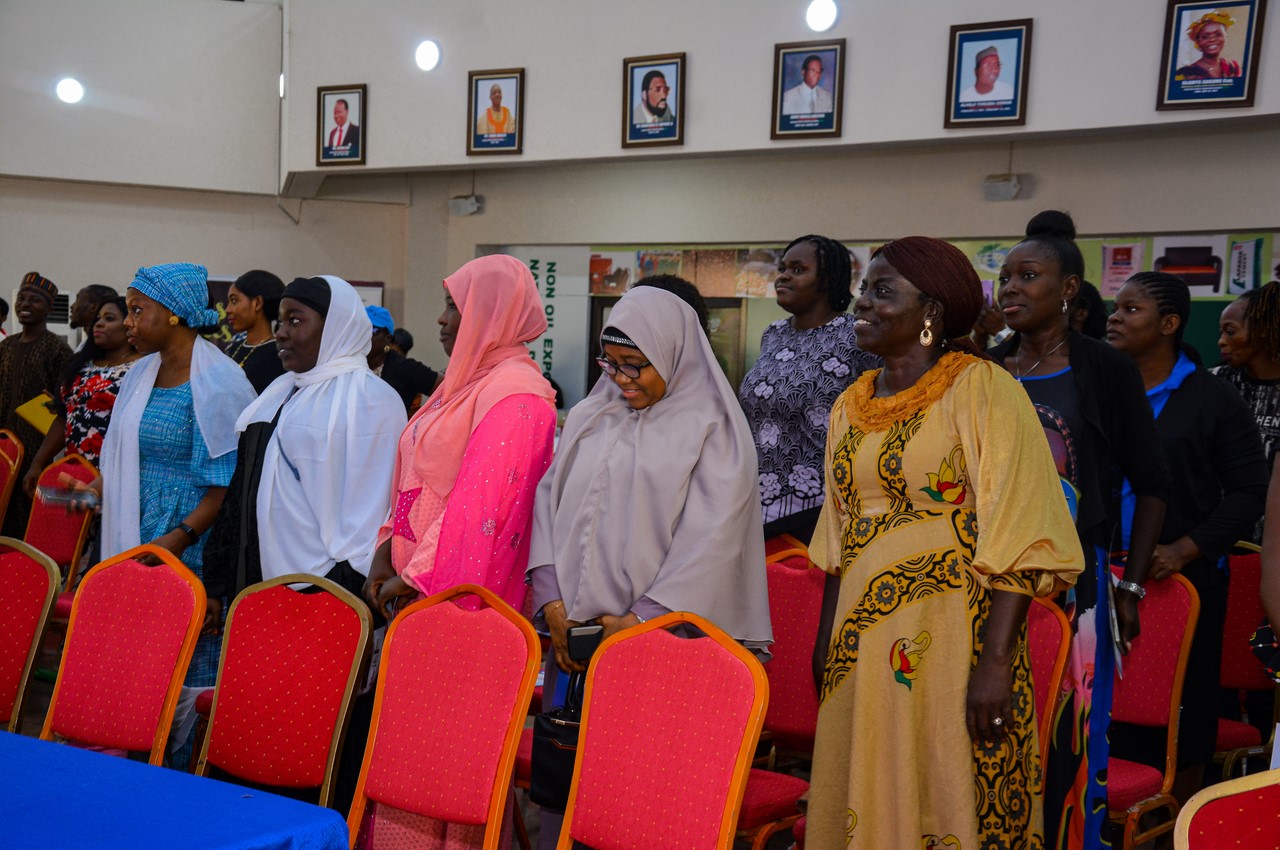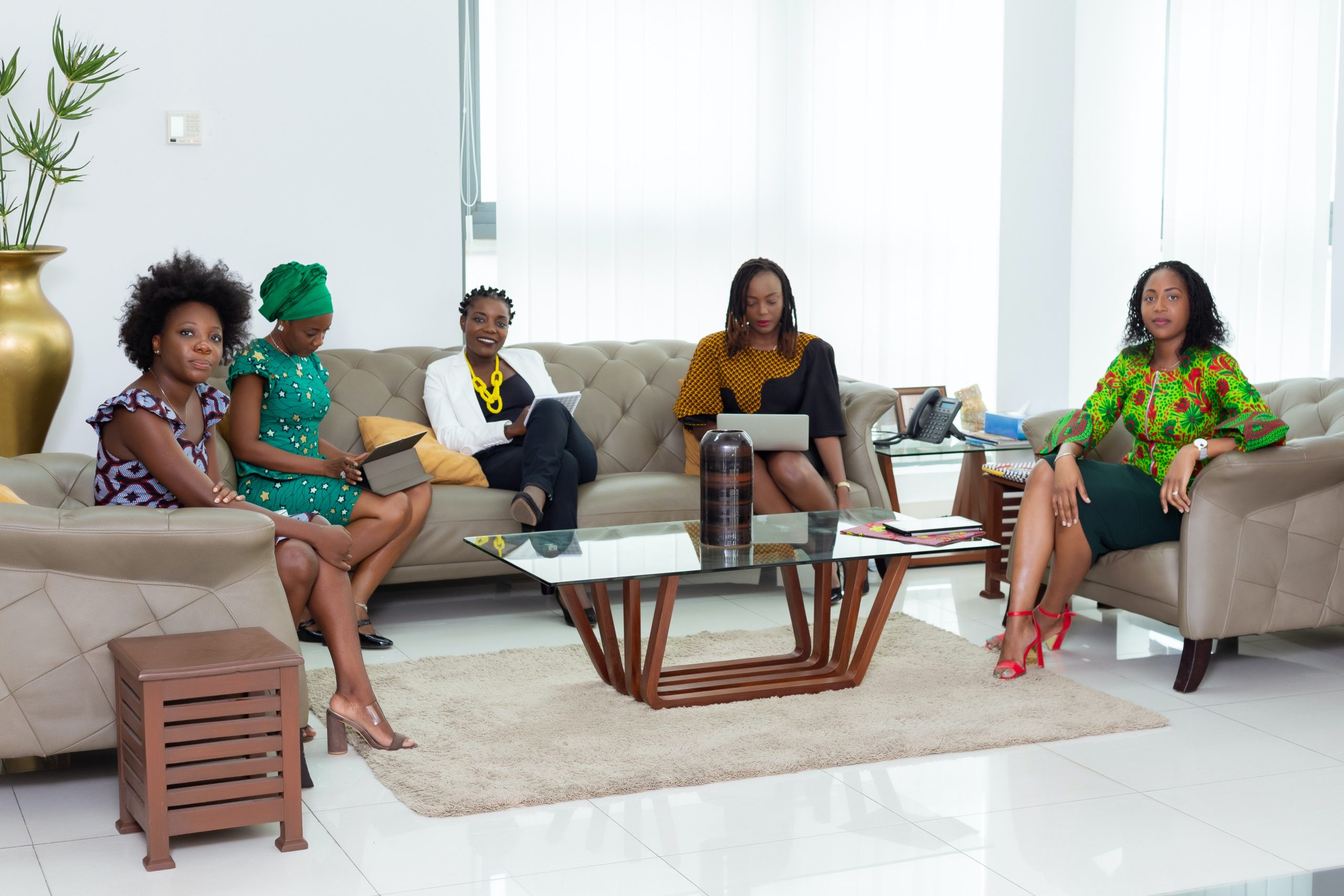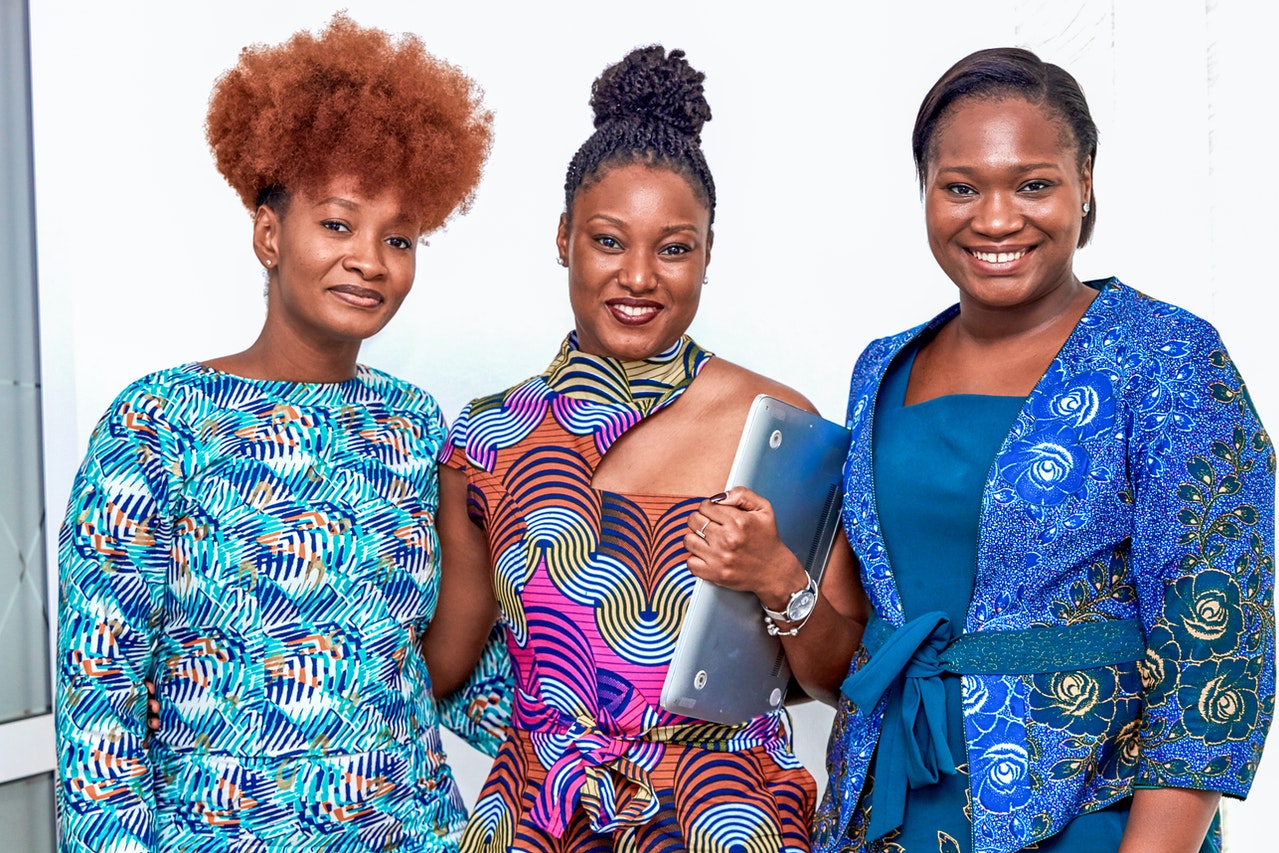Nigeria is a country that has experienced a lot of change in the past few years. There are plenty of women who have made a difference in their communities, but there are still many challenges that exist for women. One of these challenges is the lack of representation in leadership roles. Women make up only 22% of all legislators, only 5% of governors, 4% of ministerial positions, and only 2% of federal commissioners. This translates into less than 1 out of 10 people holding office being female.
There is also a lack of access to education for girls and women across Nigeria. Less than 20% of girls finish primary school compared with 40% for boys; this gap increases at higher levels: only 9% finish secondary school compared with 49% for boys. Only one woman out of every ten graduates from university or polytechnic institutions compared with three men per ten graduates from these institutions. This means that if you’re born a girl in Nigeria, your chances are slim that you’ll earn an education beyond high school even if you want one!
Another issue facing Nigerian women is violence against them both within and outside their homes by their own husbands or other members of society like police officers who may be called upon to help




